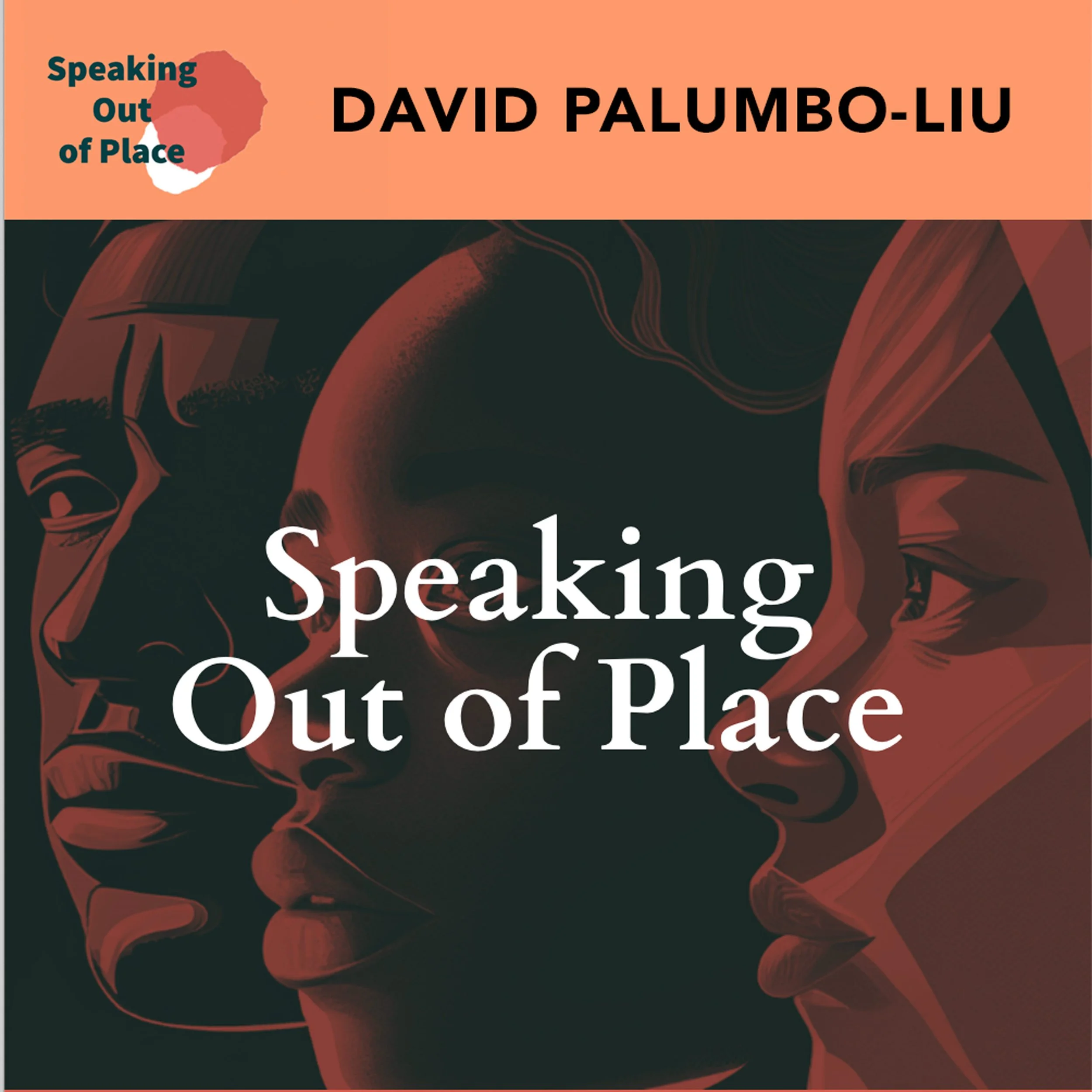Speaking Out of Place - DAVID PALUMBO-LIU on Reclaiming Our Political Voices
/Stanford Professor, Author & Host of Speaking Out of Place DAVID PALUMBO-LIU on the urgent need to reclaim our political voices and the forces that silence dissent
There is a dispute about what the American Dream is or how it would play out in different circumstances. The American dream has essentially been narrowed into a white Christian nationalist notion of things so that everything that falls outside what they imagine that to be is not only undesirable, but should be the subject of extermination, deportation, and detention. I am heartened by the fact that more of our 'better angels' are emerging with a more capacious and expansive notion of what the American dream could be.



















